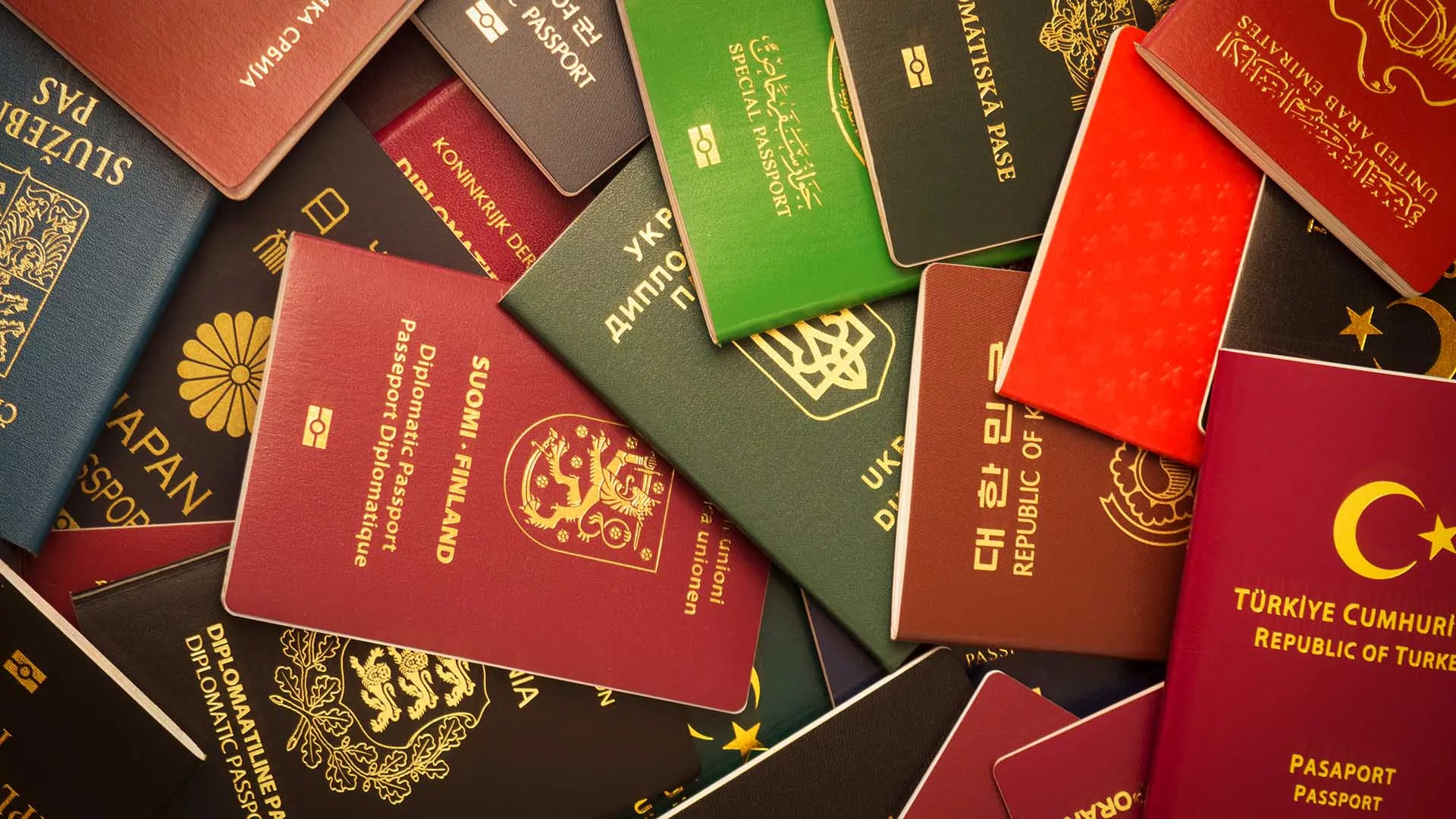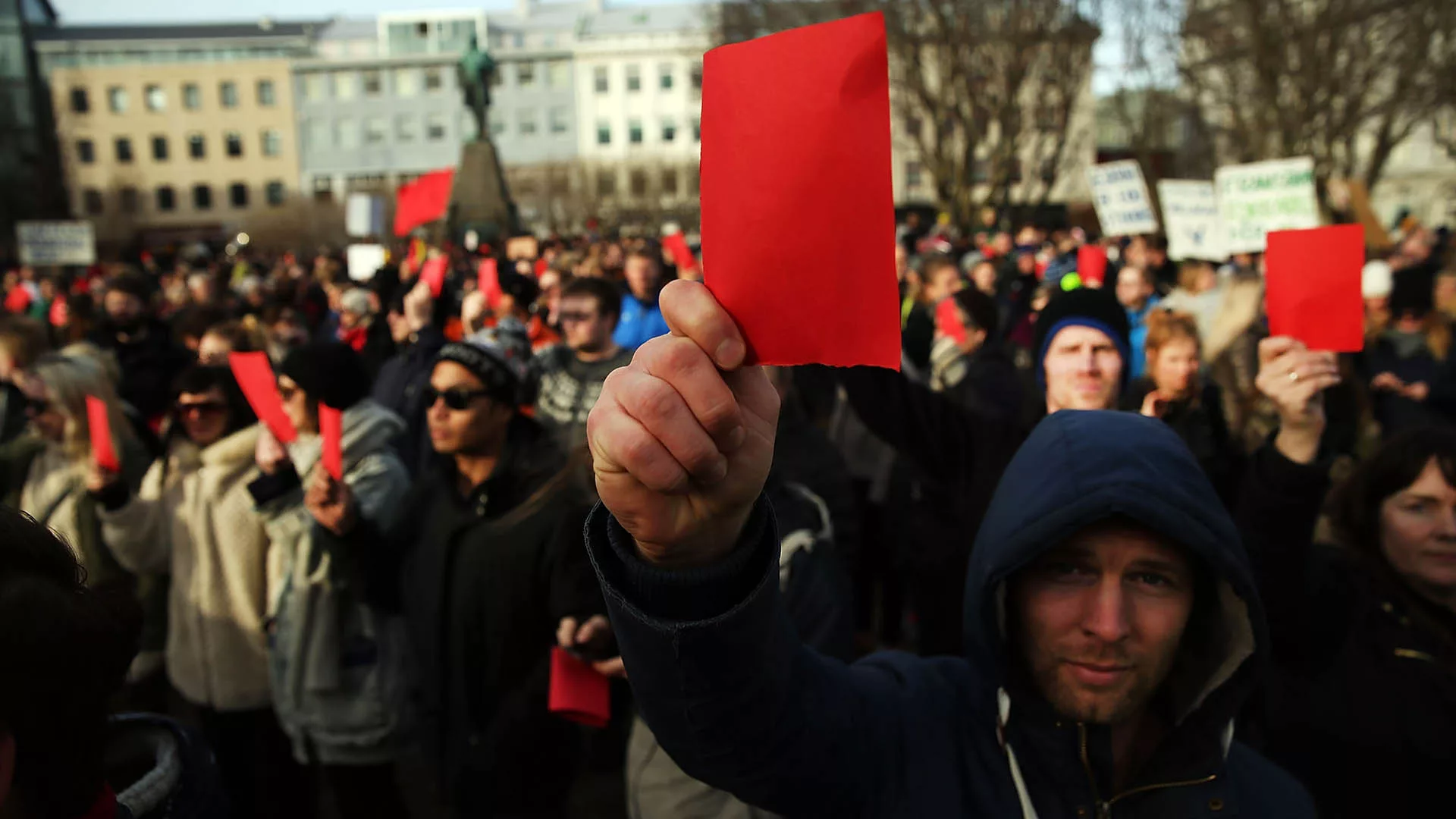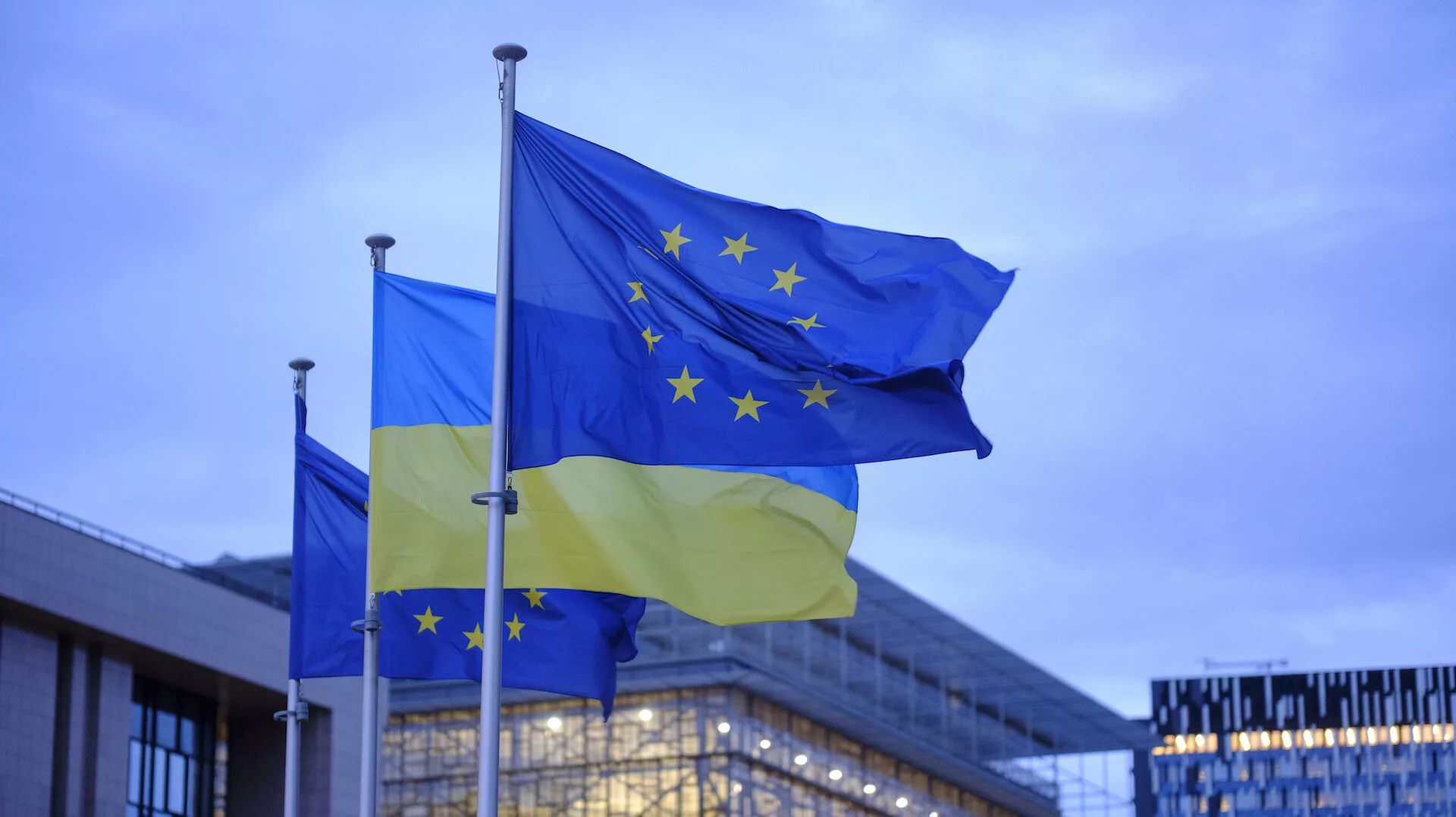The U.S. Treasury sanctioned Friday two Russian intelligence officers for their role in the Kremlin’s longstanding attempts to manipulate elections in the United States and Europe.
 FSB’s Moscow headquarters. (Photo: Stas Lobov, Wikimedia, License)Yegor Sergeyevich Popov and his station chief Aleksei Borisovich Sukhodolov, two officers of Russia’s Federal Security Service (FSB)—formerly known as the KGB—were blacklisted for their efforts to interfere in U.S. and European elections for the Kremlin’s benefit.
FSB’s Moscow headquarters. (Photo: Stas Lobov, Wikimedia, License)Yegor Sergeyevich Popov and his station chief Aleksei Borisovich Sukhodolov, two officers of Russia’s Federal Security Service (FSB)—formerly known as the KGB—were blacklisted for their efforts to interfere in U.S. and European elections for the Kremlin’s benefit.
Russia’s intelligence services, the Treasury said, recruit individuals in target countries—known as “co-optees”—who can use their influence to promote Russia’s foreign policy objectives and sow discord within their own countries in the process.
Given the current political climate, the Kremlin also has a vested interest in exploiting divisions within the countries of its enemies. This reduces confidence in the democratic process and weakens diplomatic ties throughout the West, all the while Russia continues to push westward as its invasion of Ukraine enters its seventeenth month.
Popov’s network includes co-optees Aleksandr Viktorovich Ionov and Natalya Valeryevna Burlinova, who operate out of the U.S. and have integrated themselves with multiple electoral candidates and political groups.
From 2015 to 2022, Popov cultivated Burlinova as a co-optee, providing her with a list of vetted U.S. citizens with positive views towards Russia and with instructions on how to approach them, with the hopes that they would collaborate, indirectly, with the FSB.
Ionov also played an active role in vetting U.S. election candidates who could be bent to the FSB’s agenda. One such candidate, unnamed by authorities, managed to win their primary contest in 2019. The Treasury did not comment if they managed to win in the general election.
And in 2018, Burlinova reported to Popov that she had identified two public office candidates who could be of use to them. Burlinova boasted that turning these candidates into assets would be of great benefit to the Kremlin’s “soft power” capabilities – that being the ability to achieve one’s foreign policy objectives through discourse rather than coercion.
Prior to their blacklisting, in April earlier this year the U.S. Attorney’s Office for the Middle District of Florida indicted Popov and Sukhodolov for their work on behalf of the Kremlin’s intelligence services.
Popov and Sukhodolov malign election interference operations, the Treasury said, have affected multiple countries including the U.S., Ukraine, Spain, the U.K., and Ireland.
Other Russian-backed political espionage operations include a years-long operation to destabilize the government of Moldova and a network of Cypriot politicians, whose subservience to the Kremlin’s will has led them to call for an end to EU sanctions against Russia.
Investigations by OCCRP have also uncovered how a Kremlin-linked group has, for almost ten years, attempted to bribe European politicians so that they would legitimize Russia’s occupation of Crimea, a peninsula internationally recognized as sovereign territory of Ukraine.
“The Kremlin continues to target a key pillar of democracy around the world — free and fair elections,” said Under Secretary of the Treasury for Terrorism and Financial Intelligence Brian E. Nelson. “The United States will not tolerate threats to our democracy, and today’s action builds on the whole of government approach to protect our system of representative government, including our democratic institutions and elections processes.”
Published by: occrp.org




